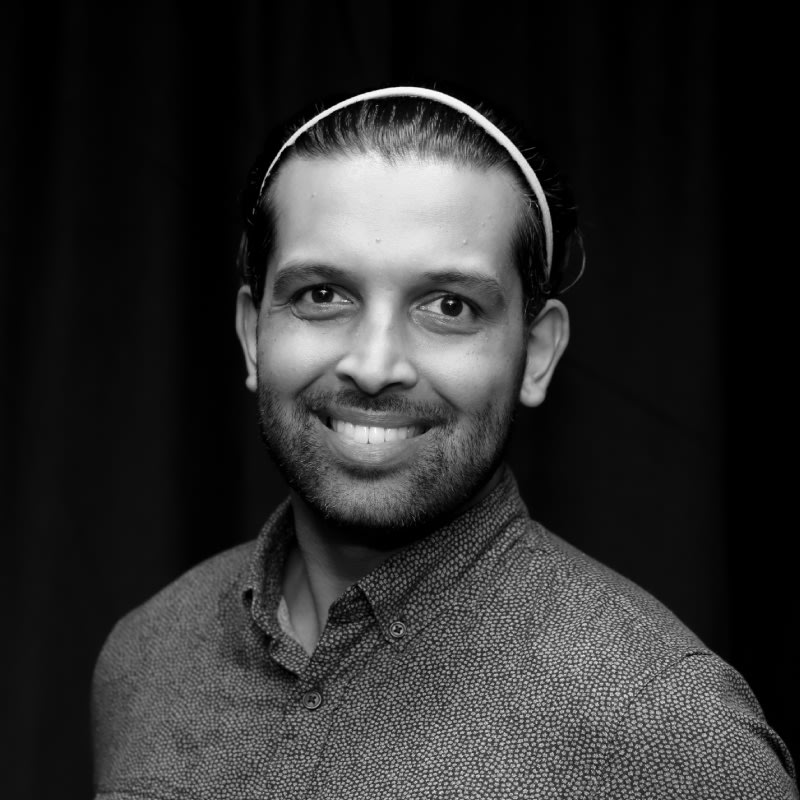‘Raising awareness doesn’t have much impact’
Only by equipping lawyers with the practical tools and techniques needed to proactively combat prospective ill-health will law firms be able to have a meaningful, lasting impact, argues a UK-based psychological expert.

Speaking to Lawyers Weekly ahead of last night’s annual lecture for Minds Count (formerly Tristan Jepson Memorial Foundation), for which he was the keynote speaker, Dr Brian Marien said there is abundant evidence showing that raising awareness, by itself, doesn’t do enough to address critical wellness issues.
“Social learning is about four to five times more potent than individual learning. Knowing that exercise is good for you doesn’t make you fit – going to the gym makes you fit,” he said.
The legal organisations that are going to do best, he argued, are those that embed evidence-based approaches into the fabric of the workplace rather than simply pay lip service to it with one-off educational sessions.
“That has to be the tone from the top, and leaders have to walk the talk. There’s no point having mission statements on the wall, it has to get into the DNA. And I think if it does that, you can make a huge change.”
Despite having made strides in the past 10–15 years, Dr Marien said the profession still has “got a long way to go” when it comes to effectively addressing psychological distress, anxiety and depression in its ranks.
“Psychology has an ugly backstory in terms of prejudice, it’s not a pretty history. And that sits in our psyche and influences our view of these things. The future requires both individual understanding and knowledge, but also social understanding and knowledge, to shift some of the norms that are embedded which inform the stigma, shame, embarrassment, and the way that people not only think about their own emotional states, but also communicate about the state of others,” he mused.
“The irony of [mental ill-health] is that it affects everything, but we have a very poor vocabulary for it and a remarkable lack of understanding of it, and so I think that has to be the way forward. The concept of emotional literacy requires individual and social learning.”
Medicine has “moved upstream”, he explained, and knowledge of protective factors, together with risk factors, for psychological problems is necessary to “help recover one’s equilibrium”.
“When you ask people about the risk factors for diabetes, they’d be able to list them. If you ask about risk or protective factors for mental health problems, they probably wouldn’t be able to give you very many,” he said.
“When people get ill with anxiety and depression, we know that cognitive and behavioural therapy is a better treatment for PTSD and other ailments than medication, and it’s not that complicated. The problem is that we wait for people to get ill before we teach them those techniques.”
“If you put those techniques upstream, not only do those techniques help people get better if they use them, it reduces relapse. We have a treatment that improves psychological health and reduces relapse, but we only instigate it when people get ill.”
The Minds Count lecture was hosted last night at the Federal Court in Sydney.

Jerome Doraisamy
Jerome Doraisamy is the editor of Lawyers Weekly. A former lawyer, he has worked at Momentum Media as a journalist on Lawyers Weekly since February 2018, and has served as editor since March 2022. He is also the host of all five shows under The Lawyers Weekly Podcast Network, and has overseen the brand's audio medium growth from 4,000 downloads per month to over 60,000 downloads per month, making The Lawyers Weekly Show the most popular industry-specific podcast in Australia. Jerome is also the author of The Wellness Doctrines book series, an admitted solicitor in NSW, and a board director of Minds Count.
You can email Jerome at:





